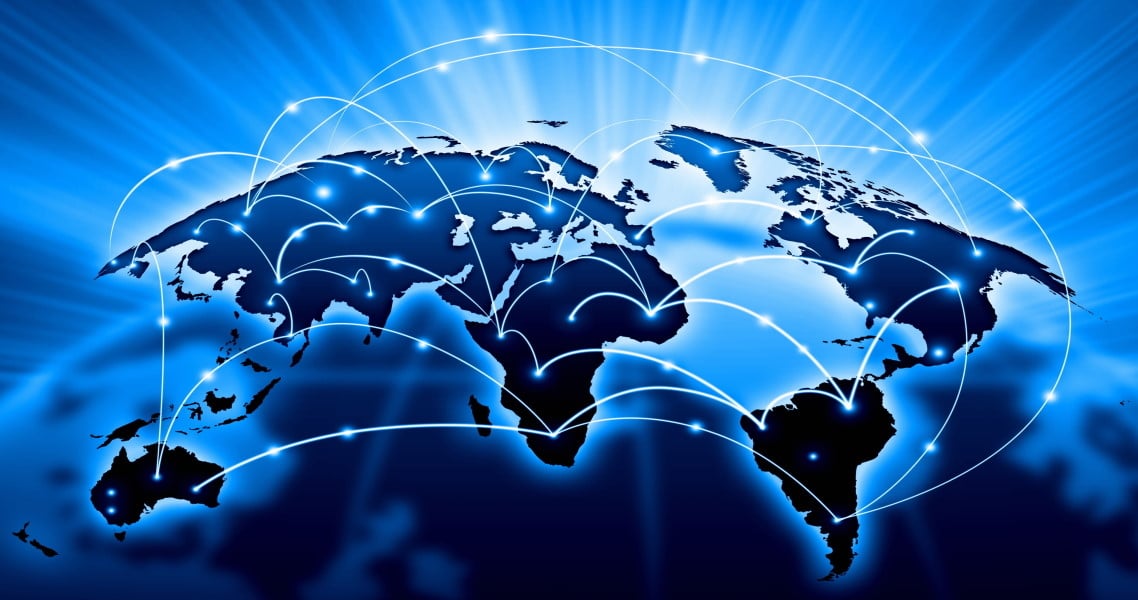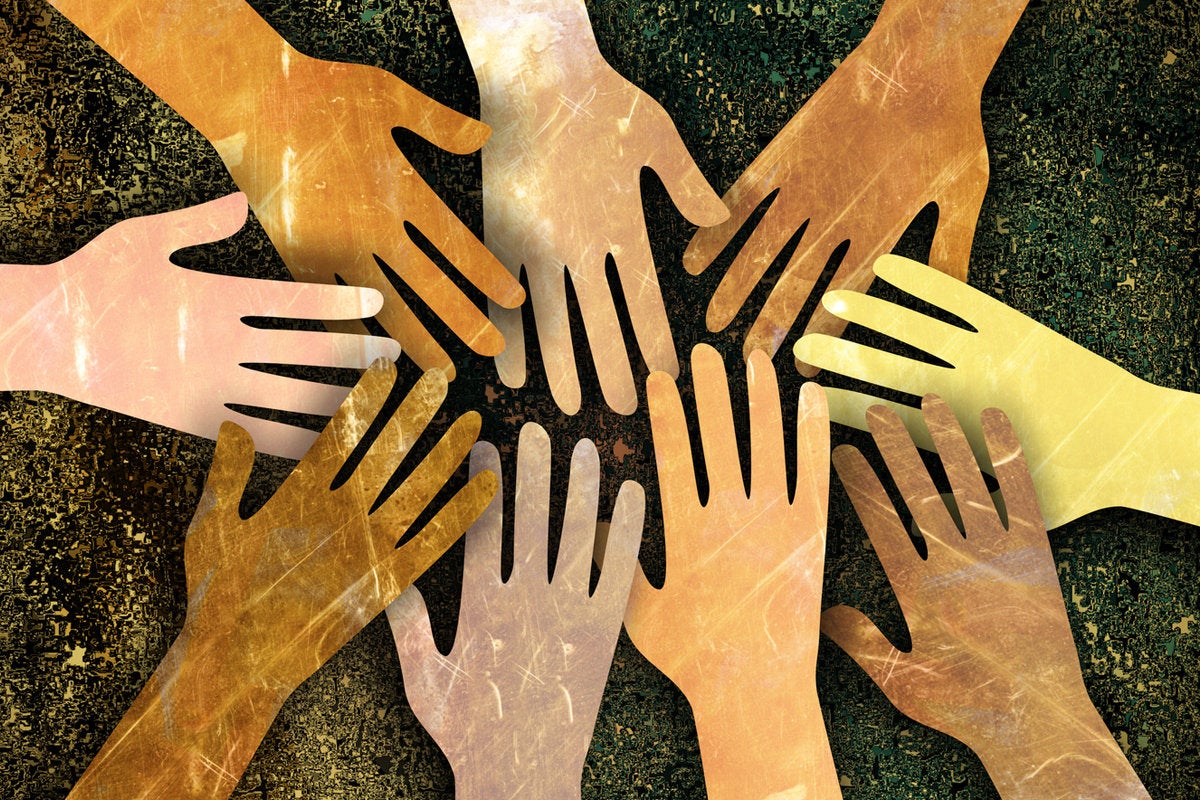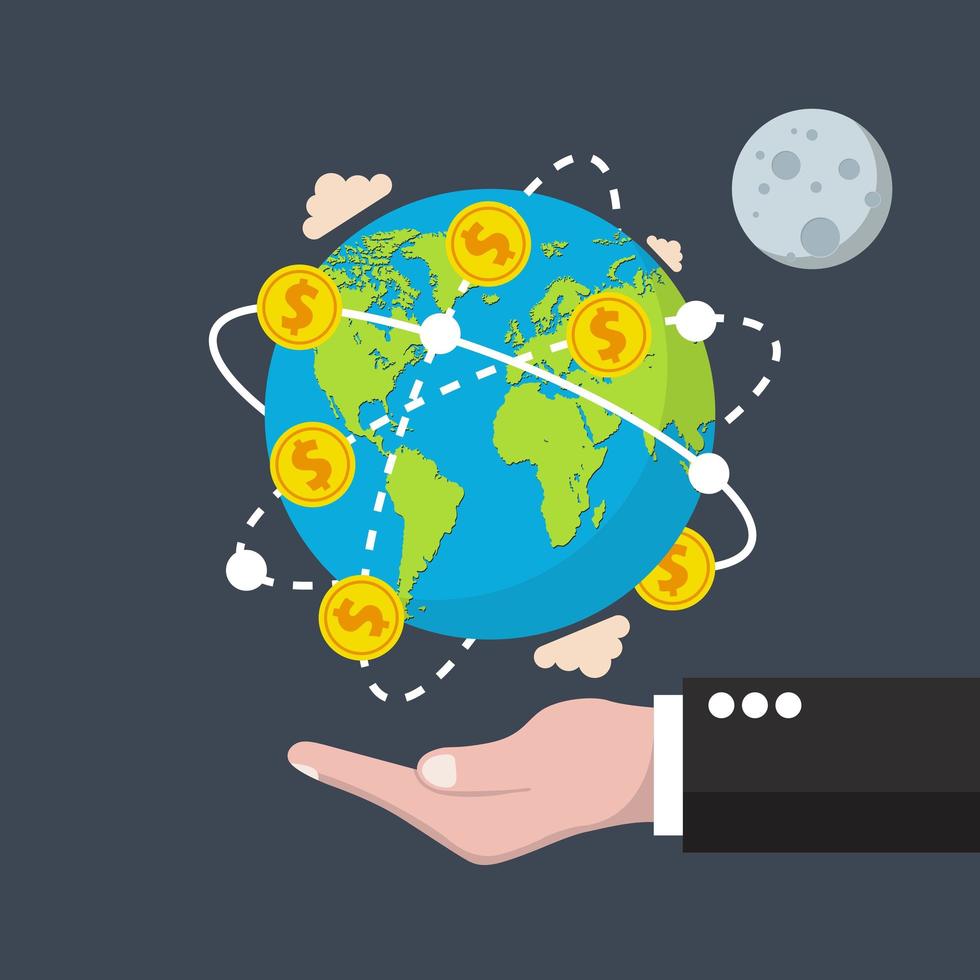
Globalization is not just about economic growth but also about cultural diversity, linguistic diversity, religious diversity, ecological and biodiversity as well as racial and gender diversity. In short, globalization is about all those different ways that define humanity and life on the planet. Globalization is already somewhat a force of good. However, significant problems still lay in the foundation of globalization, such as the concertation of money among the rich who have more control. Over the past three decades, global flows of trade and investment have accelerated dramatically, creating enormous economic value. Between 1980 and 2007, cross-border trade and financial flows grew tenfold in nominal terms. During the past decade, the United States was the world’s largest recipient of foreign direct investment, with nearly $2 trillion invested in a range of sectors, companies, and workers across the country (HBR,2017) globalization needs rules and a recognized framework to ensure that it benefits everybody, delivering sustained and inclusive economic growth. As with national legislation, it is a framework that requires constant adjustments. But to abandon it altogether and retreat from globalization is the wrong answer. On the contrary, we should be seeking ways to deepen and broaden international economic cooperation (WEF,2017) https://www.weforum.org/agenda/2017/03/this-is-how-we-can-make-globalization-work-for-everyone/

Globalization is already somewhat a force of good. However, significant problems still lay in the foundation of globalization, such as the concertation of money among the rich who have more control. Over the past three decades, global flows of trade and investment have accelerated dramatically, creating enormous economic value. Between 1980 and 2007, cross-border trade and financial flows grew tenfold in nominal terms. During the past decade, the United States was the world’s largest recipient of foreign direct investment, with nearly $2 trillion invested in a range of sectors, companies, and workers across the country (HBR,2017) globalization needs rules and a recognized framework to ensure that it benefits everybody, delivering sustained and inclusive economic growth. As with national legislation, it is a framework that requires constant adjustments. But to abandon it altogether and retreat from globalization is the wrong answer. On the contrary, we should be seeking ways to deepen and broaden international economic cooperation (WEF,2017) https://www.weforum.org/agenda/2017/03/this-is-how-we-can-make-globalization-work-for-everyone/

Globalization has helped people produce locally & sell globally and to get items only available in different countries.Companies can maximize profit for companies as consumer demand increases around the world. This allows companies to find cost-effective ways to produce products. The fast production of products helps produce products in other countries like PPE equipment.

Globalization can help people effortlessly learn about social issues and share their standpoint on social media/platforms (e.g. The farmer's protest in India). During the colonization era, many segments of the society e.g women, and ethnic minorities were not equally benefited from the growth. These inequalities are still very prevalent in the underdeveloped world, for example, women’s labour participation in India is 20.3% (Reuters,2021). Globalization if done right can provide opportunities to those underprivileged groups.https://www.reuters.com/world/india/indias-female-labour-participation-rate-falls-161-pandemic-hits-jobs-2021-08-03/

Global manufacturers help consumers provide goods and services at competitive prices. for example, hundreds of millions of American consumers benefit from access to the wide variety and lower price of goods, ranging from home appliances to cars, increasing their purchasing power noticeably (HBR,2017) https://hbr.org/2017/01/we-cant-undo-globalization-but-we-can-improve-it

Globalization helps reduce product costs for consumers and create jobs. With new talent and market it can increase the per capita incomes. Better incomes result in higher standards of living across the globe. Globalization has provided better access to education which results in international recruiting. Globalization has uplifted underprivileged people. Immigration can provide better wages for a skilled workforce. As some countries have embraced globalization, and experienced significant income increases, other countries that have rejected globalization, or embraced it only tepidly, have fallen behind. A similar phenomenon is at work within countries—some people have, inevitably, been bigger beneficiaries of globalization than others. (IMF, 2008) https://carnegieeurope.eu/2022/02/17/from-local-to-global-politics-of-globalization-pub-86310

Globalization has a big role in spread of new technologies which can be used to promote awareness about issues in the world like natural disasters. Globalization has Leaders can interact on world issues like climate change

With better access to education, resource exploitation as decreases when people stand up for world issues and elect good governments. Globalization can also increase competition for employment which can help reduce labour exploitation
In a highly interconnected globalized world, what happens in one country can easily spill over to other countries. It is clear that globalization has not benefited all equally or equitably. Many nations are still confronted with high infant mortality rates, poor or non-existent healthcare, extreme worker exploitation and child labour, high illiteracy rates, poor sanitation and pollution, starvation and malnutrition, displaced people, extreme violence and ecological destruction, among other problems. As such, globalization requires that we think about justice and fairness in all its forms: political, economic, social and ecological. Furthermore, globalization also requires that we think not only about human rights but also about environmental and animal rights. Recognizing the reality of globalization and learning to embrace its benefits are critical for achieving success in today’s world. The more you reach beyond your immediate geographic borders, the greater your life, and career will be. (Forbes,2019)

As a consumer: As consumers, we make choices on a daily basis when we buy products and services. Some companies use market tactics to convince customers to buy their products on emotional grounds for example market slogans such as ‘ locally produced, Proudly Canadian etc. As a consumer, we should focus on the quality and value of the product or service. As a voter or citizen: There is no denying that all countries and their citizens didn’t equally get benefited from globalization however benefits are real. Globalization helped the majority of the world’s population. However political discontent has been central to the globalization backlash. Dissatisfaction has taken the form of large increases in voting for extremist political parties, the emergence of new parties and movements, and challenges from within existing parties. Large numbers of voters have rejected existing political institutions, parties, and politicians, often in favour of “populists” of the Right or Left whose common themes include skepticism about economic integration and resentment of ruling elites. As a citizen or voters, we need to make informed choices and support the right political leadership to further improve the globalization model. Social activist : "Globalization," a phenomenon that succeeds the concepts of "modernization" and "interdependence," now constitute the touch- stone of any discussion of the contemporary world political economy. At the same time, there is heightened interest in the role of social movements in processes of change in world politics (JSTOR,1989) https://www.jstor.org/stable/40644912

The current form of globalization has many controversies and issues. In an age of globalization, the recognition of human dignity and the struggle to protect human rights has become even more complex and challenging. While protections for human rights are increasingly enacted by governments and international bodies like the United Nations, grave threats to and gross violations of human rights are also on the rise. The world’s financial capital is ever more integrated, and wealth is ever more centralized in the hands of financial elites and corporate institutions. Realizing social and economic rights, especially eradicating hunger and reducing unemployment, is becoming increasingly difficult. Bringing conflicts to a just and durable resolution is more daunting with the increased capacity of individuals, governments and their military forces, and other entities, including paramilitary and extremist groups, to organize and unleash violence. These groups have access to more sophisticated communications technology and more deadly instruments of war than ever before. Ending violence and wars, and checking impunity and disregard for international human rights and humanitarian laws will require more than political will and moral courage. Concrete programs and mechanisms are needed to realize the totality of human rights: civil, political, social, economic, and cultural. We must offer peace by advocating for its concrete manifestations in the availability of nutritious food to eat and clean water to drink, decent work and a living wage for everyone, and health, housing and education for all. To build a new inclusive form of globalization, good global citizens need to align and raise their concerns, and voices over the right platforms.